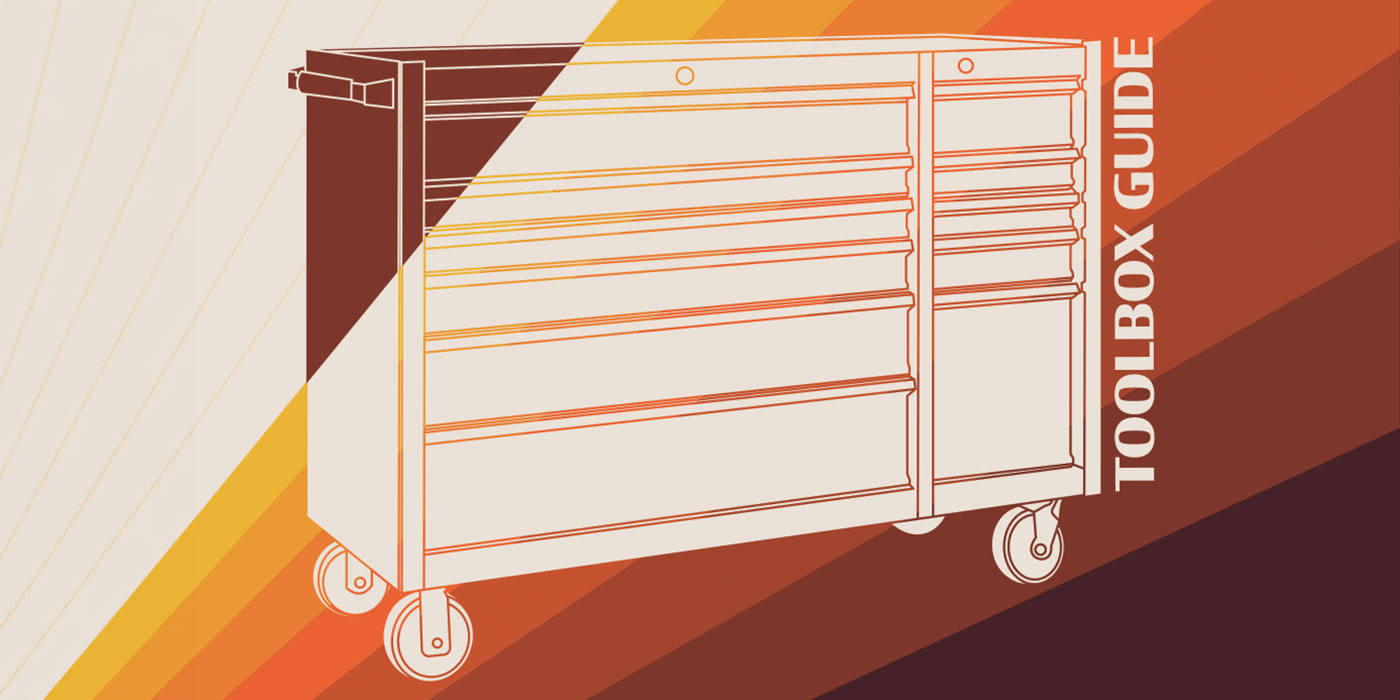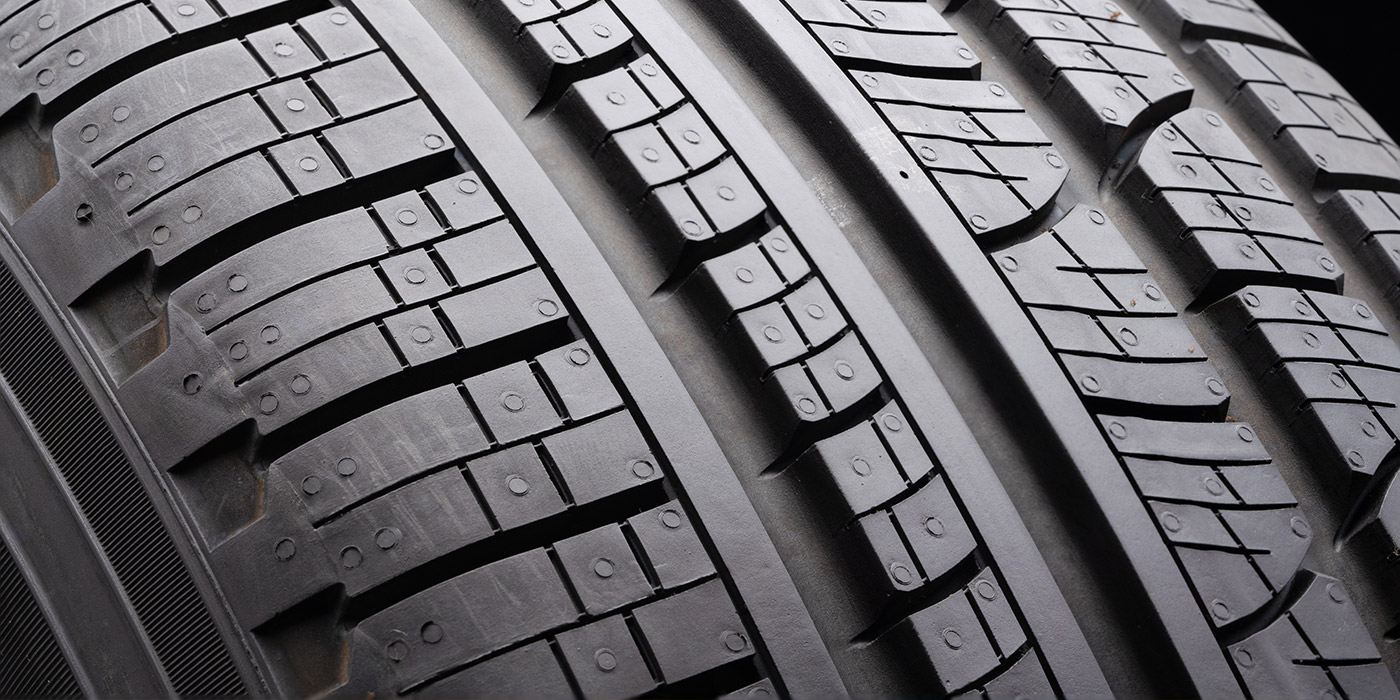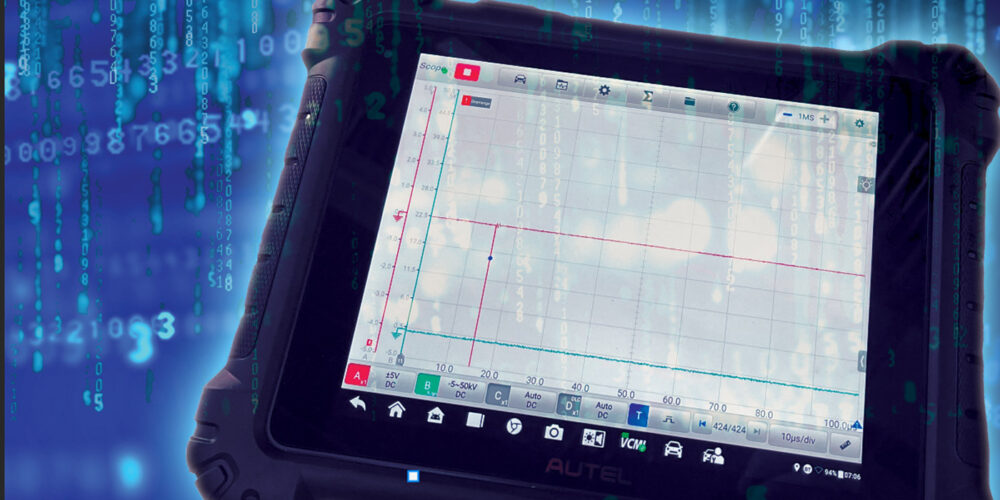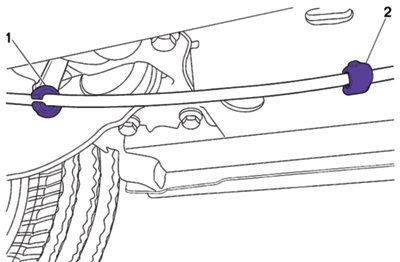
Maximize Your Scan Tool
Are you maximizing your scan tools to their full potential? Don’t let them be just an expensive code reader.
If there’s a truth that extends across all computerized devices, it’s that we likely utilize only a fraction of the things they have the ability to do. Mobile phones are a great example. How many people do you know who only use them for calls, voicemail and text messages? We all know they do so much more.The scan tools we use every day fall into the same category. Are you maximizing yours to their full potential? Don’t let them be just an expensive code reader. That may be easier said than done, because it takes a lot of time to understand both the scan tool and how well it interacts with the vehicles you’re working on, but there are a few factors that can help you dive a little deeper into the functions at your fingertips.
2024 Is Your Year to Be the Technician You Always Wanted to Be
As we enter 2024, strategic career planning is essential for success in the automotive repair industry.

Impact Wrench Technology
Interchangeable anvils are a feature on some new impacts.
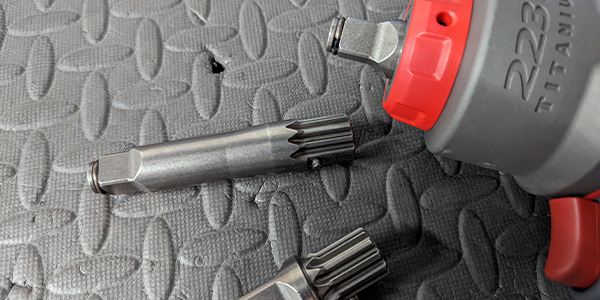
Tools in the Eye of the Beholder
We’re here to help you see all the tools, so you can invest wisely.
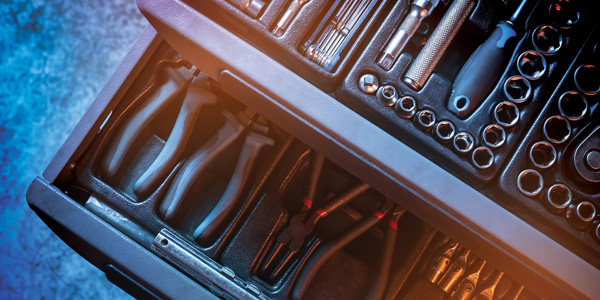
Multimeter Accuracy: How Important Is It?
Multimeter accuracy is critical for EV diagnostics.
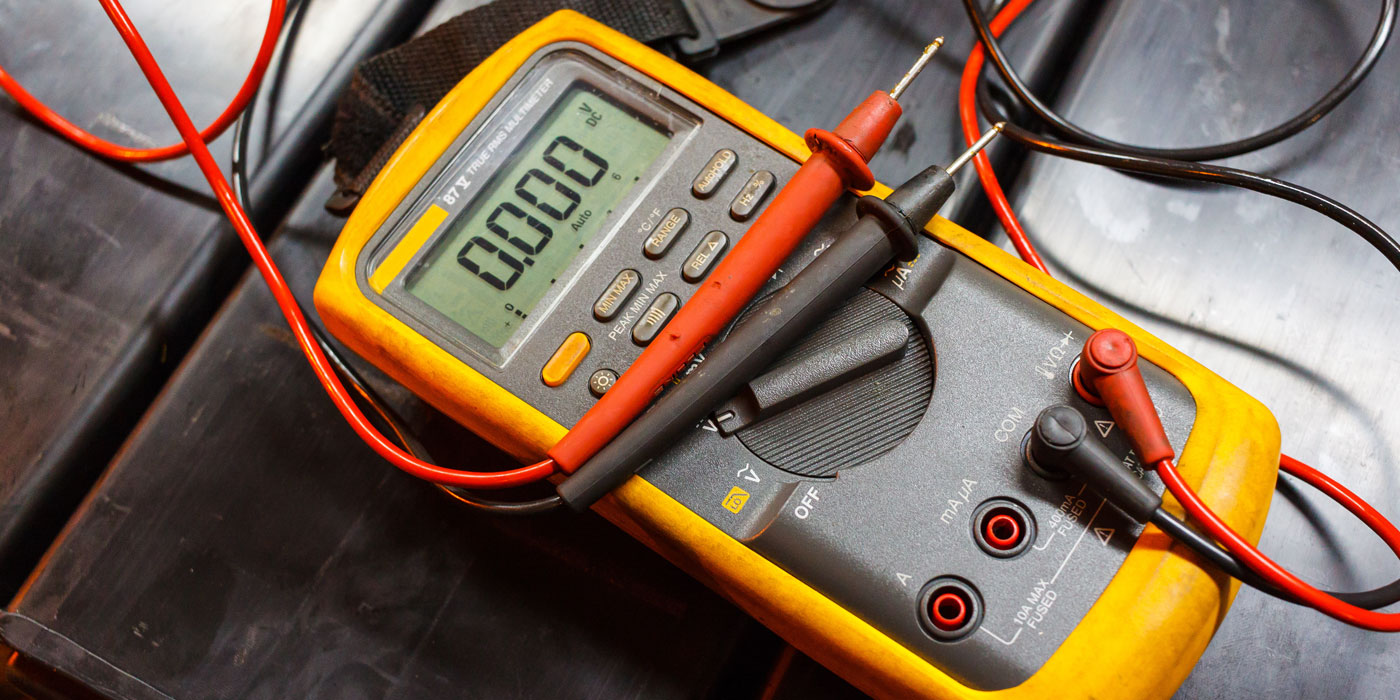
Other Posts
More Than A Scan Tool
Scan tools serve as indispensable diagnostic hubs, offering access to a wealth of resources, from OEM technical bulletins to community-documented repairs.
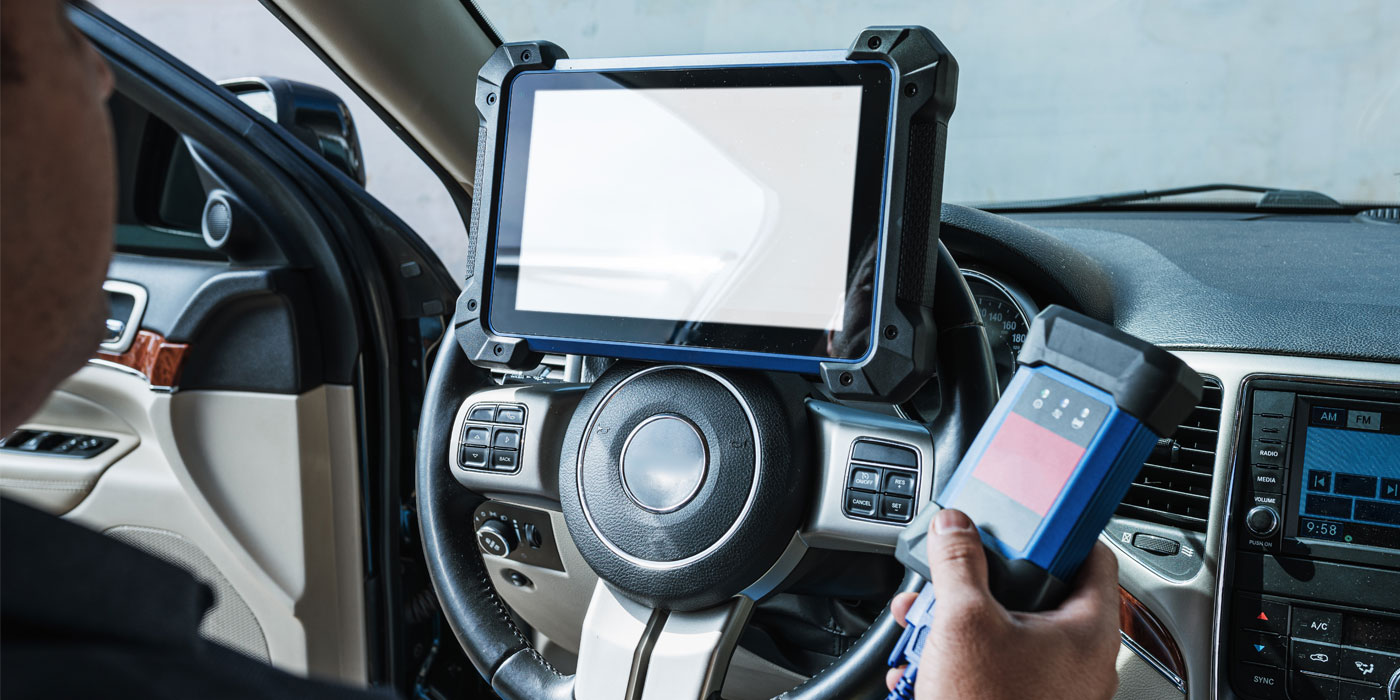
Battling Stress and Burnout
Here are some quick tips for managing stress and avoiding burnout in the fast-paced automotive repair industry.

EV Acronyms and Terminology
Electric vehicles (EVs) are here to stay and there’s a lot to learn.
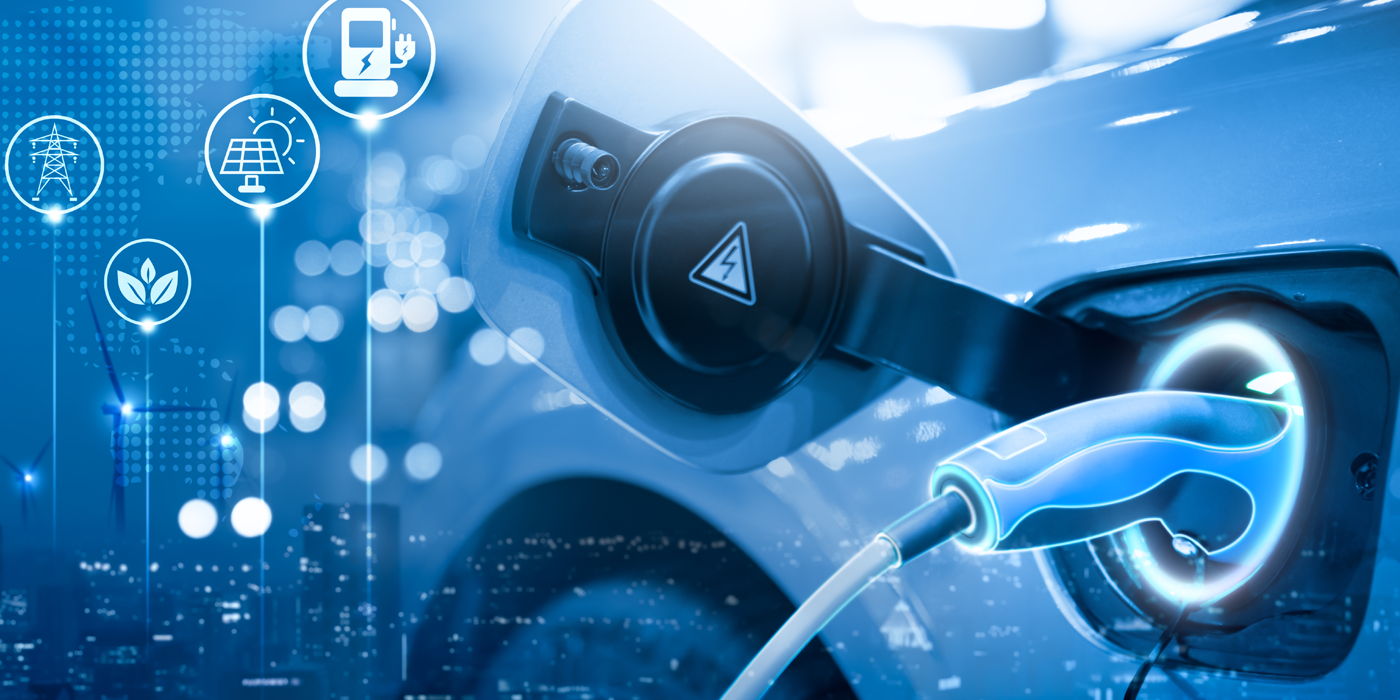
The Value of Honesty in Auto Repairs
Discover how a simple act of returning found money led to a radio story, highlighting the significance of honesty.



